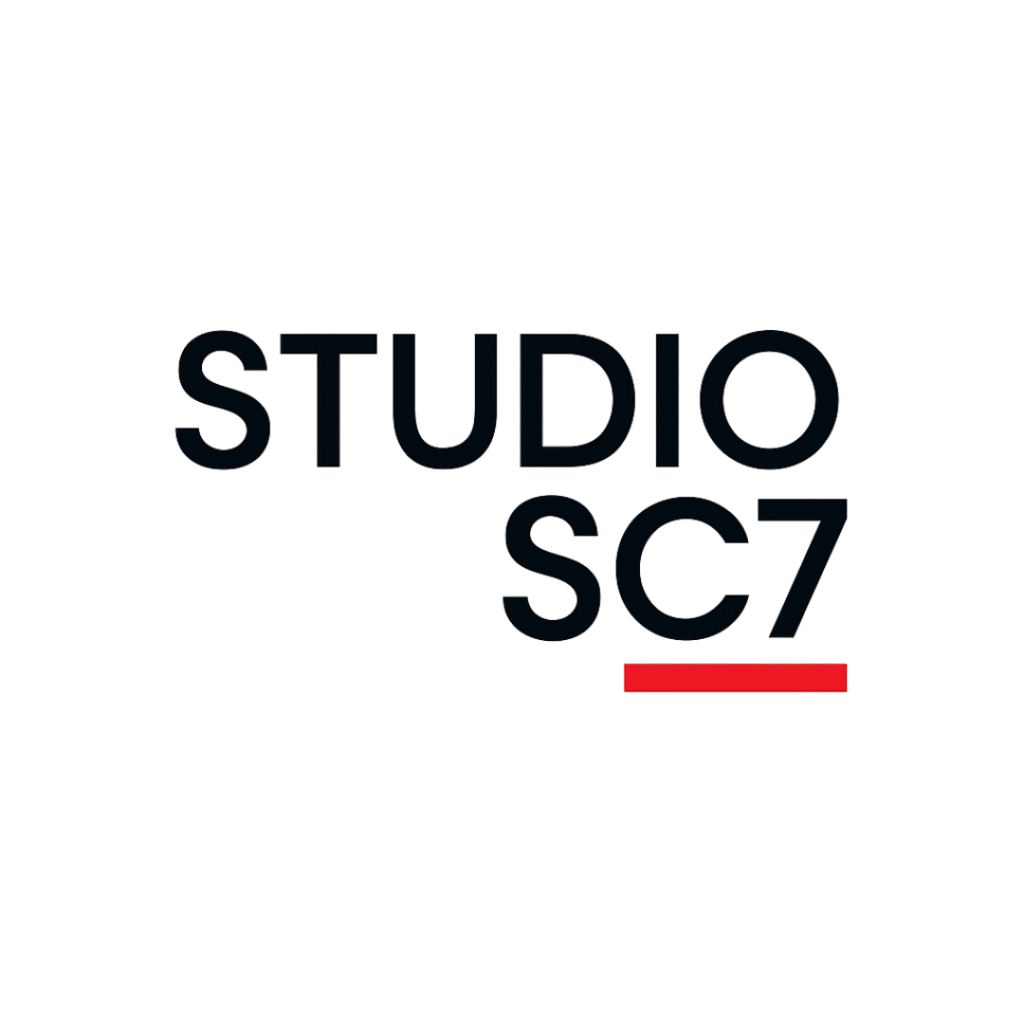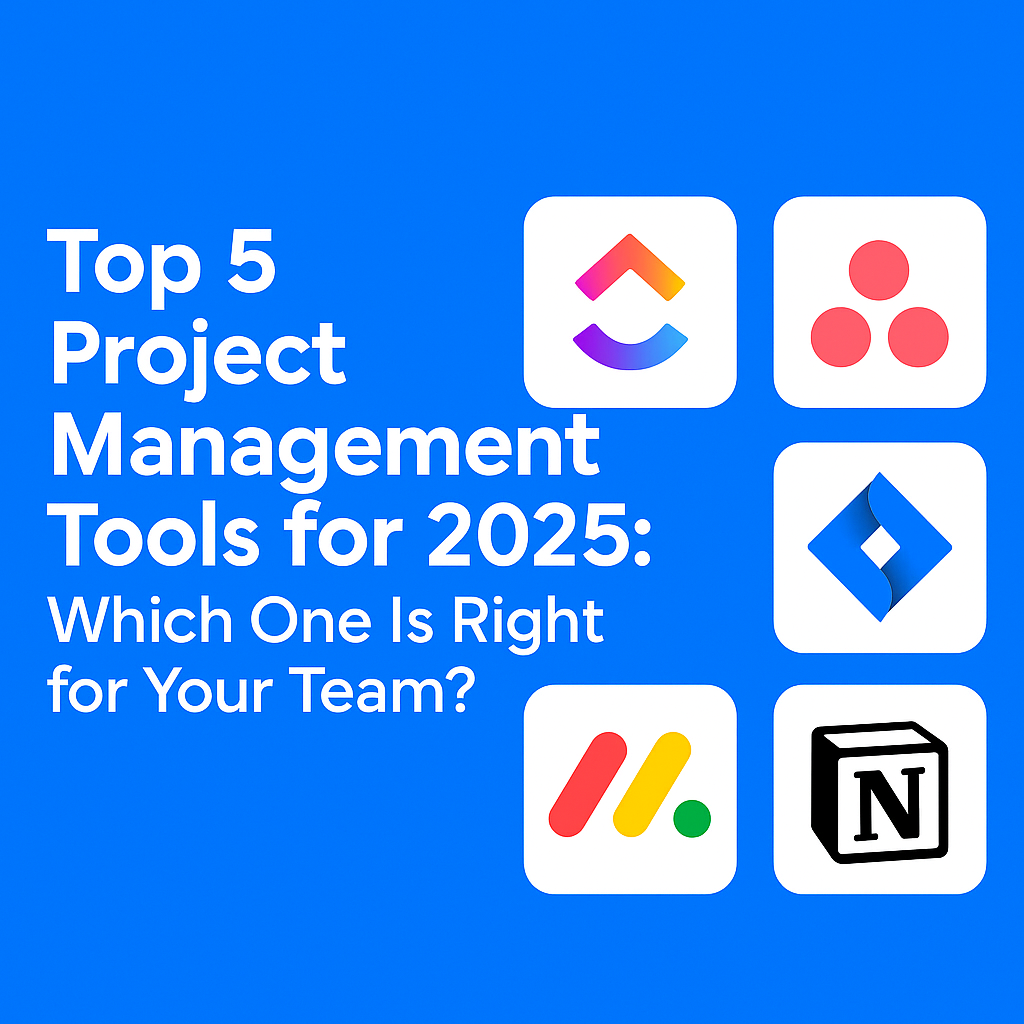Looking for the best project management tool for your business in 2025? Compare ClickUp, Asana, Monday.com, Jira, and Notion—features, pros, cons, and which suits your team best.
Here’s your article rewritten in blog format with SEO metadata, heading structure, and web-friendly content length (~1,000 words), ideal for your consultancy site. It’s structured to rank well for search terms like “best project management tools 2025” and “project management software comparison.”
Title:
???? Top 5 Project Management Tools for 2025: Which One Is Right for Your Team?
Meta Title:
Top 5 Project Management Platforms in 2025 (Pros & Cons)
Meta Description:
Looking for the best project management tool for your business in 2025? Compare ClickUp, Asana, Monday.com, Jira, and Notion—features, pros, cons, and which suits your team best.
Slug:
/best-project-management-tools-2025
Top 5 Project Management Tools for 2025: Which One Is Right for Your Team?
Whether you’re juggling internal builds, client deliverables, or sprint planning, the right project management platform can save you hours—and a few headaches. But with so many options out there, how do you choose the one that actually fits your workflow?
We’ve tested dozens of platforms and narrowed it down to the five best project management tools for 2025. This guide breaks down who each platform is best for, along with the pros and cons you’ll want to know before committing.
1. ClickUp
Best for: All-in-one teams who want maximum flexibility.
ClickUp has built a reputation as the Swiss Army knife of project management tools. It’s ideal for teams that want to centralize their docs, tasks, dashboards, time tracking, and OKRs—all in one space.
Pros:
- Extremely customizable layouts: board, list, timeline, calendar, Gantt.
- Handles everything from engineering sprints to client onboarding.
- Excellent native docs, time tracking, and goal-setting features.
Cons:
- Can feel overwhelming for new users—feature-rich but a bit cluttered.
- Performance occasionally lags with large workspaces.
Our take:
If you want to consolidate multiple tools (Trello, Docs, Sheets, Toggl, etc.), ClickUp is a powerhouse—but prepare for a bit of setup time.
2. Asana
Best for: Creative and marketing teams who want simplicity with structure.
Asana strikes a sweet balance between ease of use and powerful task tracking. It’s especially popular with content teams, design agencies, and small consultancies that need to keep projects on track without the bloat.
Pros:
- Beautiful, intuitive UI—easy for non-technical teams.
- Timeline and calendar views offer solid planning visuals.
- Strong integrations with Slack, Google Workspace, and Zoom.
Cons:
- Advanced workflows require paid plans.
- Not built for complex dev or technical projects.
Our take:
Perfect for teams that value clarity and collaboration—but might fall short for tech-heavy builds or agile workflows.
3. Monday.com
Best for: Ops, account managers, and anyone managing repeatable workflows.
Monday.com is a visual project tracker that also doubles as a lightweight CRM, ticketing system, and pipeline manager. It’s great for ops-heavy teams and client service agencies.
Pros:
- Customizable boards and columns with automations.
- Easy to build dashboards that make progress crystal clear.
- Ideal for client-facing projects or internal process management.
Cons:
- Gets pricey as your team or workflow complexity grows.
- Lacks depth for developers—code-based tasks can feel shoehorned.
Our take:
Great for service businesses, ops teams, or product managers who live in spreadsheets and want something better-looking and smarter.
4. Jira
Best for: Development and engineering teams running agile sprints.
Jira is a heavyweight tool designed for software development. If your team’s building digital products or shipping weekly releases, Jira offers unmatched features for devs.
Pros:
- Built-in agile features: sprints, epics, story points, kanban.
- Deep integrations with Bitbucket, GitHub, and Confluence.
- Rich reporting, backlog grooming, and sprint planning tools.
Cons:
- Steep learning curve for non-devs.
- Can feel overly complex for smaller teams or non-tech use cases.
Our take:
A must-have for serious dev teams—but not your go-to for marketing or client projects.
5. Notion
Best for: Small teams who value simplicity, flexibility, and great docs.
Notion is more than a note-taking app—it’s evolved into a hybrid workspace combining wikis, databases, calendars, and lightweight task management.
Pros:
- Combines documents, databases, and checklists seamlessly.
- Ideal for internal wikis, SOPs, and team collaboration.
- Huge template ecosystem to jumpstart your setup.
Cons:
- Task management features are basic out of the box.
- No native Gantt charts or advanced workflow automations.
Our take:
Fantastic for early-stage startups, creative teams, or anyone tired of switching between Google Docs, Trello, and spreadsheets.
Final Word: Which Tool Is Best?
Choosing the best project management platform comes down to what you’re managing and who’s involved. Here’s a quick TL;DR:
| Platform | Best For | Avoid If You… |
|---|---|---|
| ClickUp | All-in-one power users | Hate learning curves |
| Asana | Creative & content teams | Need dev-specific tools |
| Monday.com | Ops and service workflows | Need deep sprint or code tracking |
| Jira | Development & agile teams | Need simplicity for non-devs |
| Notion | Light PM & internal docs | Need Gantt charts & automation |
If you’re a consultancy, agency, or startup trying to align teams and scale operations, picking the right tool can transform your delivery model.
Need help streamlining your workflow or onboarding your team to a new platform? Get in touch and let’s build a smarter way to work.






